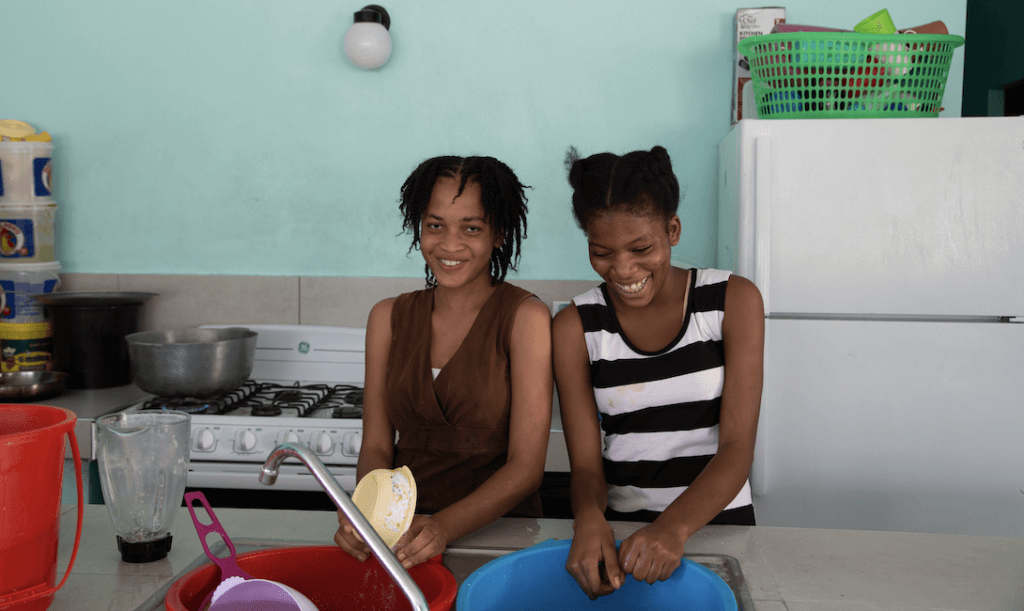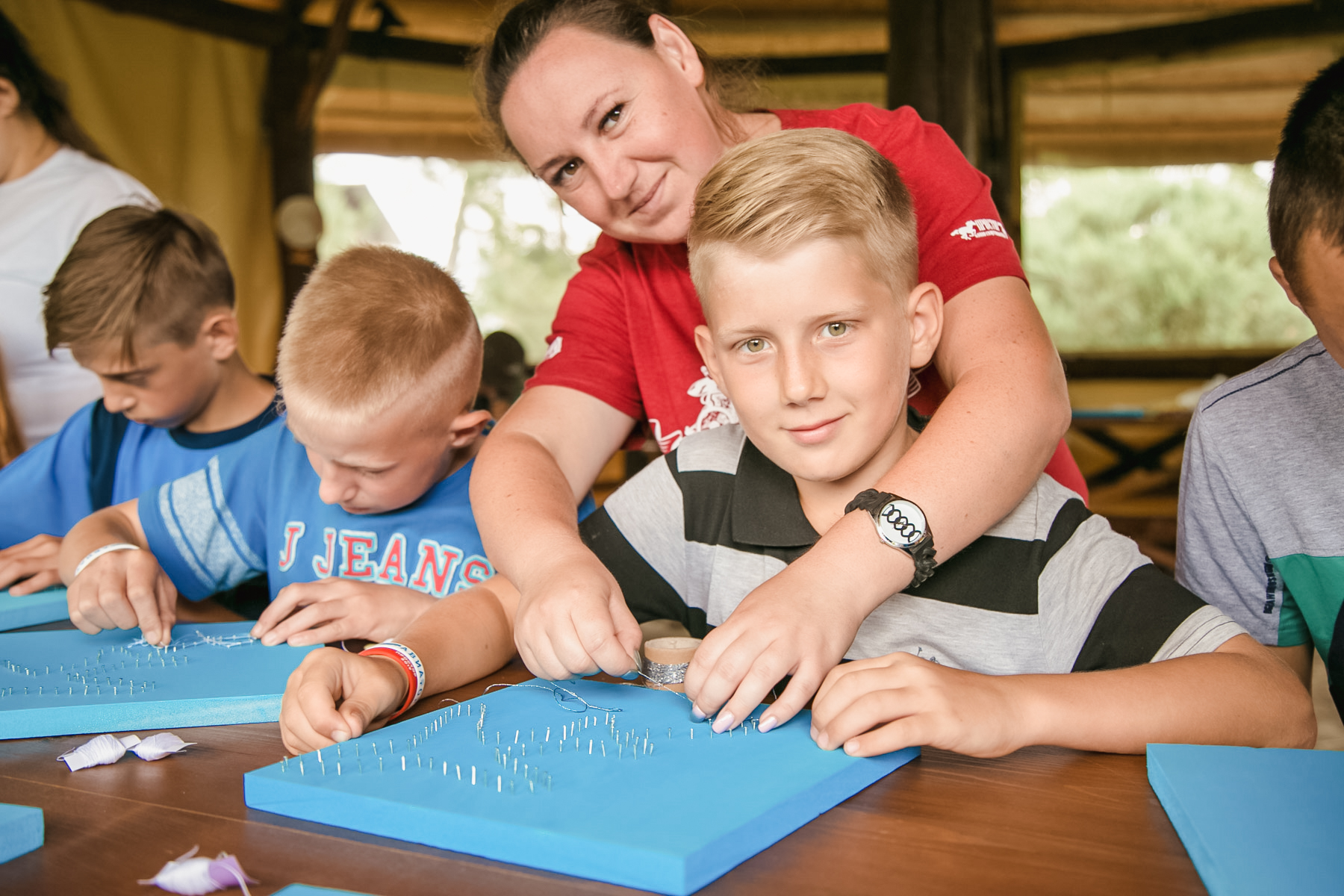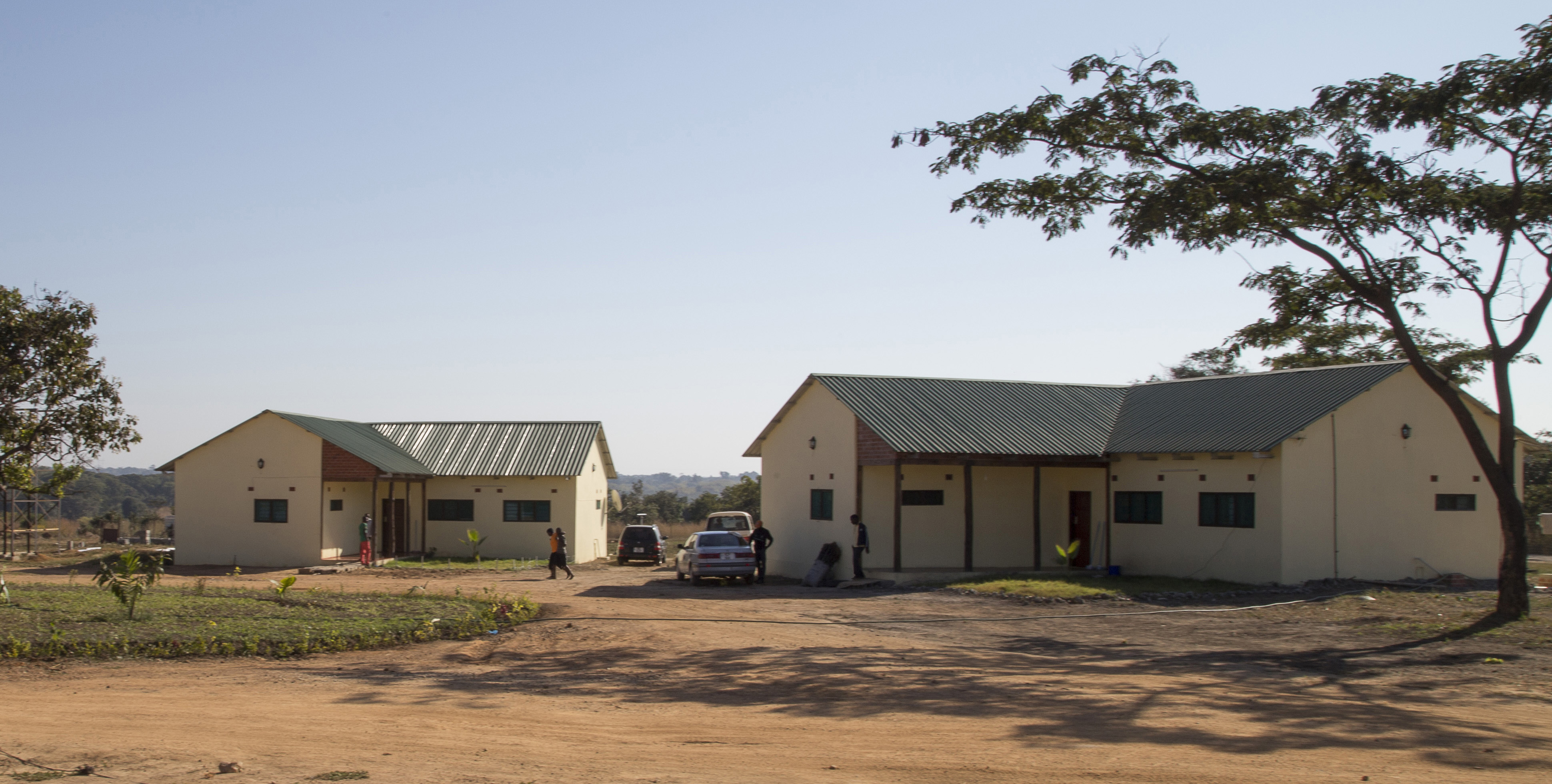Why Family Life Is the Answer to Orphan Care

We believe every child belongs in a family.
And when it isn’t possible for children to be in their birth families—due to parental death, poverty, alcoholism, illness, or violence—we still believe children belong in families.
Family is God’s design. And with the only exception being relationship with Him, family remains the single greatest answer to relational hunger in our modern world.
According to UNICEF’s latest estimate, at least 2.7 million children today live in orphanages and institutionalized care.
For many countries, orphanages are the best solution they offer with the resources they have. So wherever possible, our in-country teams seek to reach and connect with children living in these settings. Our team in Ukraine, for example, regularly goes into government-run orphanages to connect with kids and share the love of Christ. And in these situations, Christian mentorship can make all the difference.

The link we can’t ignore
Whenever we have the opportunity to provide care for children in need—as often as possible—we choose to do it in a family environment.
In poverty-stricken communities like Garneton, Zambia, children are sometimes left to fend for themselves for long periods of time while their caregivers search for work, money, or food. Understandably, without proper motivation, many children in these communities (and others) end up dropping out of school. Which leaves little to no hope of breaking the poverty cycle.
In countries like Zambia, the poverty cycle and the orphan cycle are inextricably linked. Poverty is currently the leading cause of orphaned children around the world.
In Zambia, 4 in 10 girls don’t attend high school. Many girls marry before they reach age 18 or rely on prostitution in order to survive. Boys learn to get what they want by fighting for it or just taking it.
And the cycles continue.
Our “Why” for Family-Style Homes
So in countries like Zambia and Haiti, we’ve established family-style homes, often referred to as Student Life Homes or Family Life Residences, where students can live while they attend school. In Ukraine, we offer Transition Homes to orphan grads where they can learn basic skills for independent, responsible adult life while living in a Christian family.

Many of the students in these family-style homes are orphaned, others have been abandoned or asked to leave, and still others maintain relationships with their family and go home for visits between semesters.
But all of them have the opportunity to grow up in safe, Christian family environments.
Each student in a Lifesong family-style home receives a safe place to live, study, and learn responsibility. All under the gentle, compassionate discipleship and care of a Christian family.
In the words of Racheal, one of the houseparents in Zambia,
“We have seen what God can do in the children’s lives. There’s so much transformation through devotions, through Wednesday Bible study, and through sharing in each other’s lives.”
Our why is simple: Children belong in families.
Disconnection is at the heart of fragmentation and trauma. God designed us to need connection and belonging in order to thrive. And His design specifically includes family.
Our hope for children in the future
We believe wholeheartedly in orphan prevention and in breaking orphan and poverty cycles.
Often, when children enter orphanages, their most basic needs—like food, clothing, and shelter—are met. But their most important internal needs—like love, care, and belonging—are neglected. This could be a result of overwhelming child/worker ratios in understaffed institutions. This could also be the case because these expectations have become the norm.
No matter the reason, science and research are showing increasing connections between cross-generational connections.
A core element of healing and growth in the lives of children is found in reciprocal relationships. That is, children need to feel connected and know they belong in order to thrive.
Our hope for children today and in the future is that they would know the love of Christ through the Gospel as well as healing, cross-generational connections in the context of family. And where these relationships cannot happen at home, we pray our students will find them in family-style homes where they are welcomed with the love of Christ.
Thank you for continuing to partner with us for kids in need.
Support Kids in Need Here and Around the World.
100% of your gift to Lifesong goes straight to caring for kids in need. Specifically, your gift goes where it’s needed most to reach orphans through adoption grants and loans, global orphan care, and sustainable business initiatives.